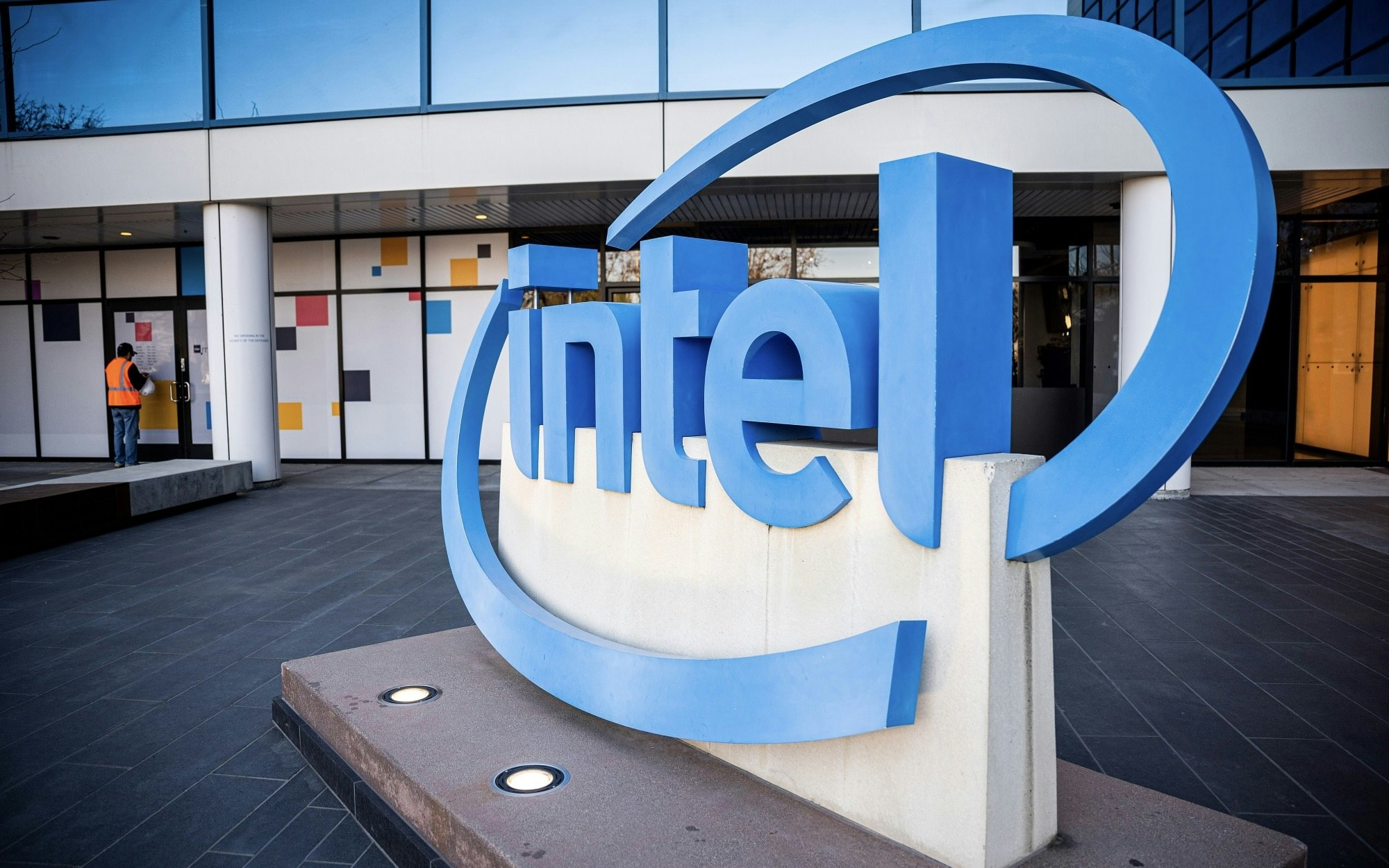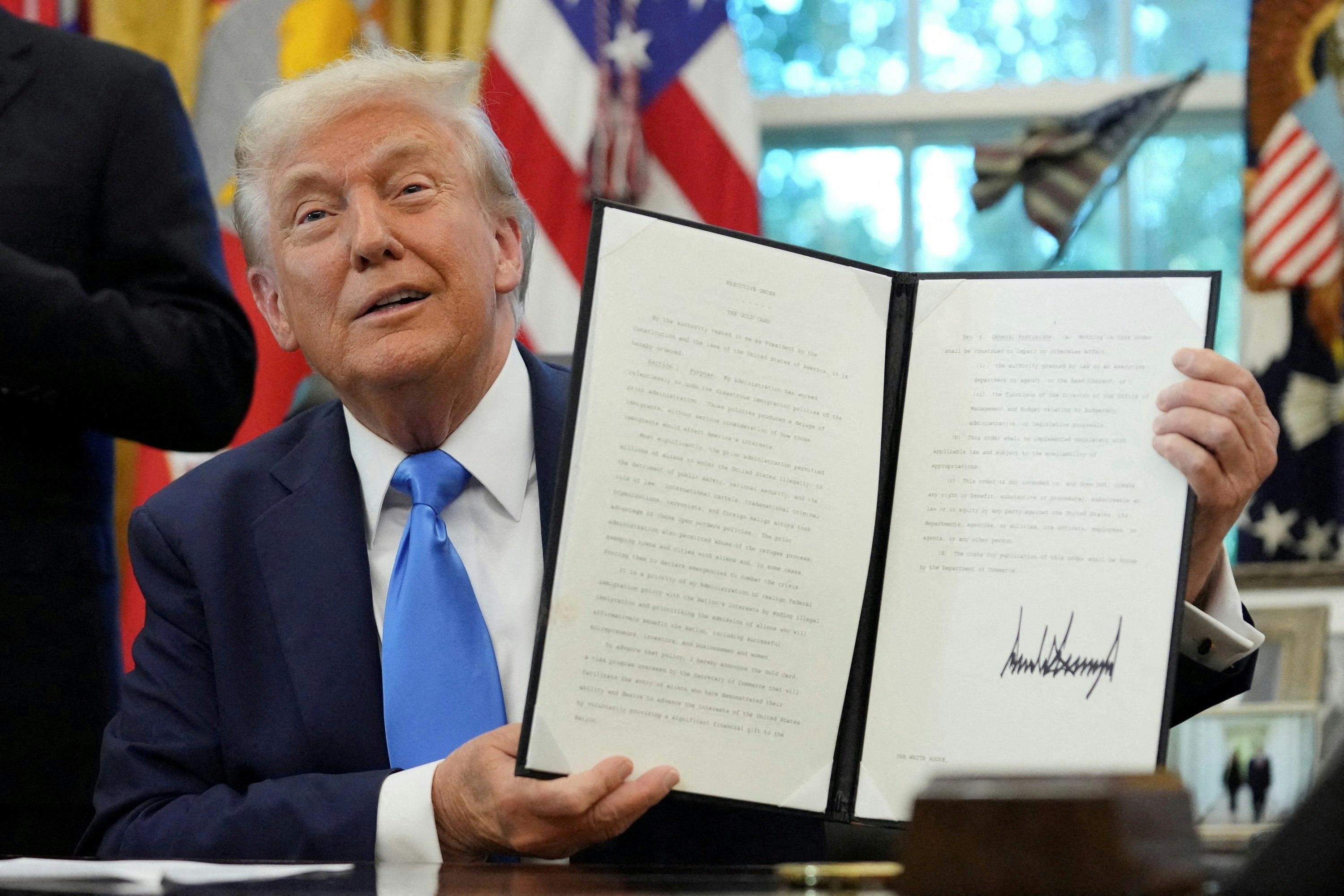The US government has approved up to $7.87 billion for Intel to finance new chip factories in four states. This is the largest grant under the "Chips Act," an initiative by the Biden administration to revive domestic semiconductor production.
The approved amount is below the originally planned 8.5 billion dollars. The decrease is due to a separate funding of up to 3 billion dollars for the construction of secure facilities for microchips for military and intelligence purposes, as government officials stated.
The funds from the "Chips Act" passed in 2022 are intended to strengthen the U.S. semiconductor industry, which has increasingly moved to Asia in recent decades. In 2020, only about 12% of global chip production was accounted for by the U.S. The subsidies aim to address supply chain issues and reduce geopolitical dependencies, particularly on China.
The funds will be disbursed to Intel upon reaching certain milestones, with at least $1 billion to be paid out this year. In return, Intel has committed not to conduct any stock buybacks over the next five years, according to the Ministry of Commerce.
The funds are to finance the expansion of factories in Arizona, New Mexico, Ohio, and Oregon. However, Intel will not take out planned loans amounting to 11 billion dollars but will continue to apply for associated tax credits.
The funding is part of a comprehensive program by the U.S. government to reduce dependence on foreign semiconductors, particularly for the Pentagon. The Chips Act totals 53 billion dollars and is a central component of President Biden's economic policy.
For Intel, the funding means additional support for the ambitious restructuring under CEO Pat Gelsinger. Since taking office three years ago, Gelsinger has announced massive investments in chip production and created a new business area for contract manufacturing to catch up with competitors like TSMC and Samsung.
However, Intel struggles with difficulties in implementing its plans. The company has cut thousands of jobs, and the market share of its core business has been overshadowed by the success of Nvidia graphics processors, which are optimized for AI applications. Intel stock has fallen by 51% this year.





